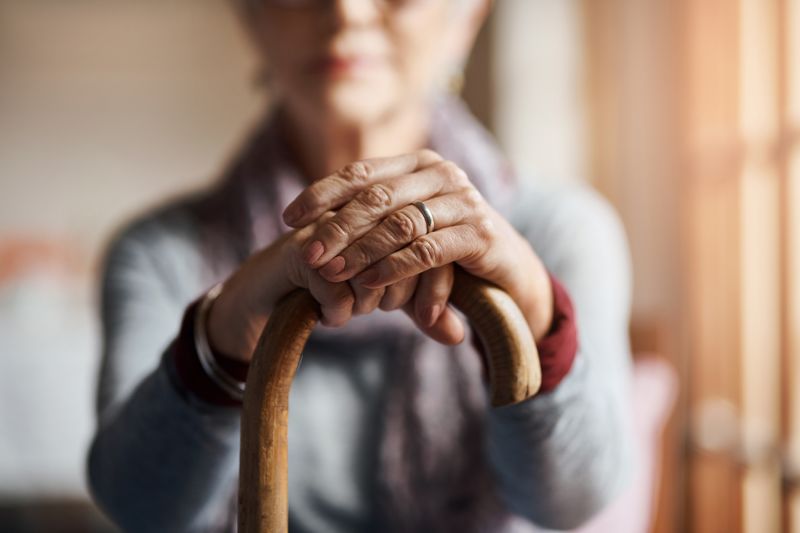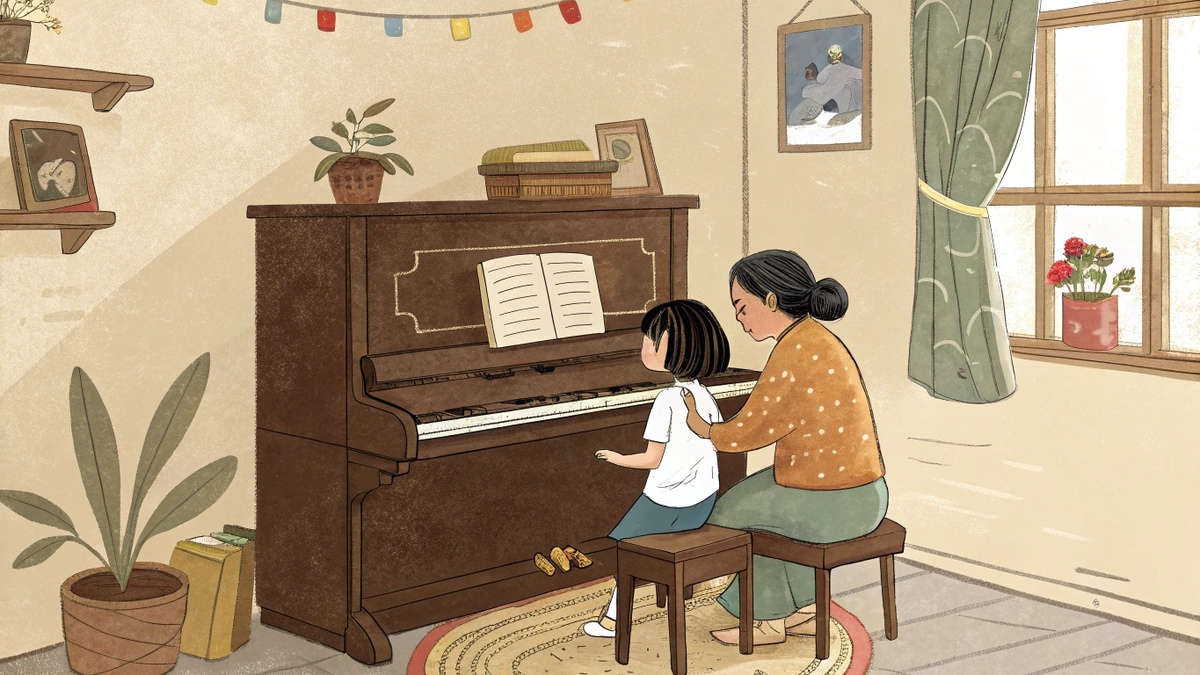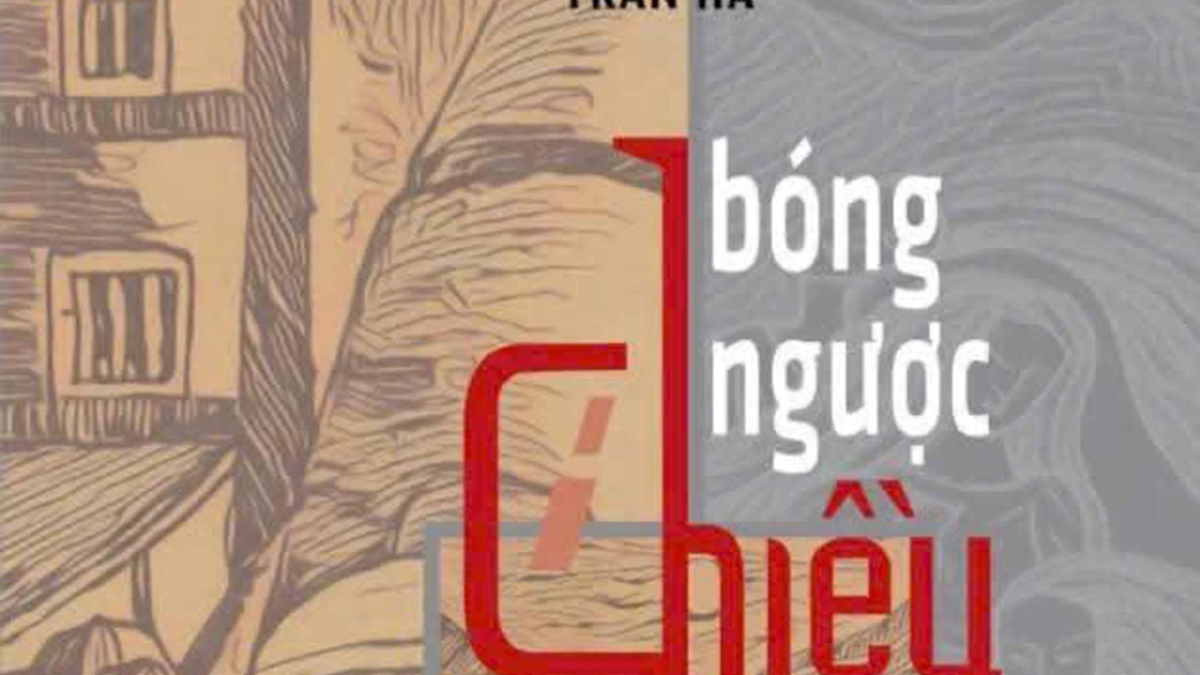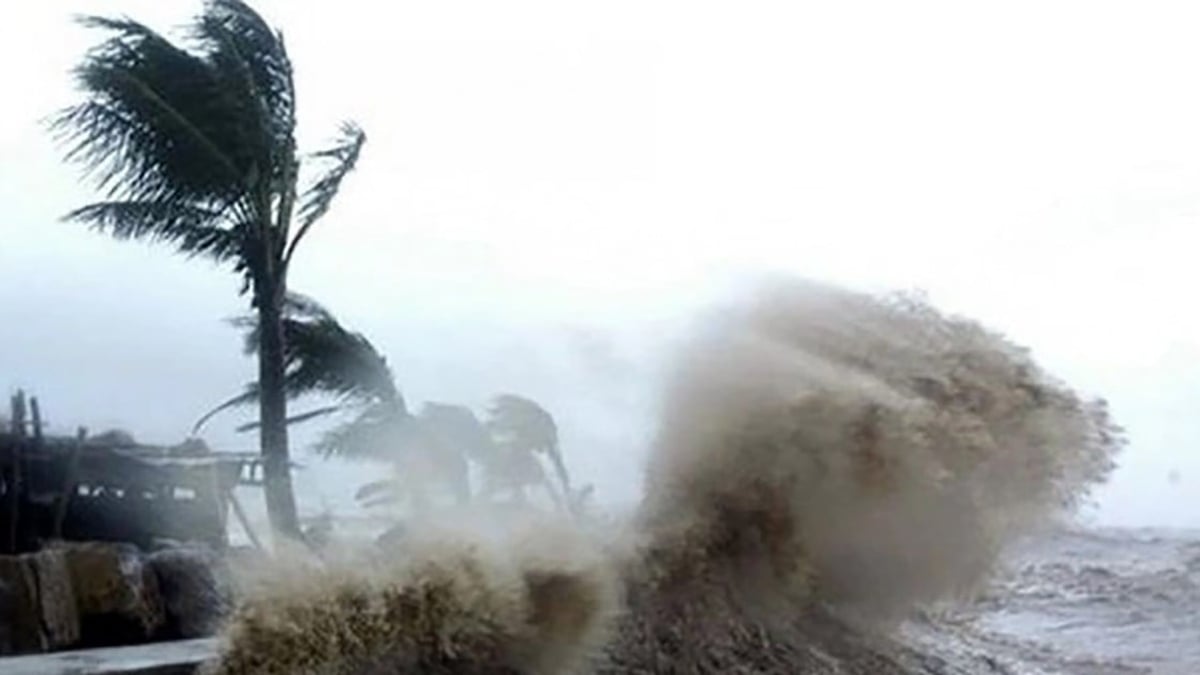If so, do we really want to live forever? In his new book, Why We Die: The New Science of Aging and the Quest for Immortality, Nobel Prize-winning molecular biologist Venki Ramakrishnan sifts through cutting-edge research to explore the promising theories as well as the practical limitations of longevity.
Humans are now living twice as long as they did 150 years ago, thanks to a growing understanding of disease and its spread. So is there a future intervention that could triple or quadruple our lifespans? Here, biologist Ramakrishnan shares the realities of aging, death and immortality.

Aging happens throughout our lives, even while we are still in the womb. Photo: GI
What is aging? How does it lead to death?
Aging is the process of accumulating chemical damage to the molecules within our cells, damaging the cells, tissues, and ultimately ourselves as organisms.
Surprisingly, we begin aging while still in the womb, even though at that point we are growing faster than the rate at which aging damage accumulates.
The body has developed many mechanisms to repair the damage caused by aging to our DNA and any poor quality proteins we produce. Without these mechanisms, we would never live as long as we do. However, over time, the damage begins to outstrip the body's ability to repair it.
Think of the body as a city made up of many systems that must work together. When the organ systems that are essential to life fail, we die. For example, if the heart muscle weakens and stops beating, the heart cannot pump blood containing the oxygen and nutrients that our organs need, and we die.
In fact, when we die, most of our body, such as our organs, are still alive. This is why organs from accident victims can be donated to transplant recipients.
Is there a limit to human life span?
The lifespan of all living things ranges from a few hours or days (for insects) to hundreds of years (for some whales, sharks, and giant turtles). Many people think that all life forms die when they reach a certain age, but biologists do not believe that death and aging are programmed in this way.
Instead, they believe that evolution has allocated and balanced lifespan limits for each species, with larger animals tending to live longer, giving them a better chance of finding a mate who can reproduce and pass on their genes.
This balance gives humans a maximum lifespan of around 120 years, but that doesn’t mean we can’t intervene in the aging process to extend it. However, the feasibility of such measures remains controversial.
Who lived the longest ever?
The world's longest-lived person was a French woman named Jeanne Calment, who died in 1997 at the age of 122. She smoked for the last five years of her life and ate about 1 kg of chocolate every week.
Does the aging clock ever run backwards?
In some ways, the aging clock can be reversed. For example, a newborn baby still starts at age zero even though it is born from adult cells. A 40-year-old woman’s child is no older than a 20-year-old woman’s child; both start at zero.
Cloning experiments have also convinced some that it is possible to turn back the aging clock. While the famous cloned sheep Dolly became ill and died at half her normal age, other cloned sheep have continued to live normal lives thanks to adult cells being tricked into becoming embryos and developing from scratch.
However, practical difficulties made cloning inefficient. Many cells accumulated more damage than they could handle. This required a large number of experiments to develop a single animal.
Meanwhile, experiments on mice used a method of reprogramming cells to give them the ability to regenerate tissue. By switching cells to a slightly earlier state, scientists created mice with better blood markers and improved fur, skin, and muscle color.
How do genetics affect aging and longevity?
The longevity of parents and children is linked, but not perfectly. A study of 2,700 Danish twins found that genetics only accounts for about 25% of lifespan. However, researchers found that a mutation in just one gene can double lifespan.
Thus, it is clear that genetic factors play some role in longevity, but the effects and implications are complex.
What does cancer science reveal about anti-aging research?
The relationship between cancer and aging is complex. The same genes can have different effects over time. When we are young, they help us grow, but when we are old, they increase our risk of dementia and cancer.
The risk of cancer increases with age because accumulated defects in DNA sometimes cause genetic malfunctions that lead to cancer. Many of the body's cellular repair systems that seem designed to prevent early cancer also cause later aging.
For example, cells can sense breaks in their DNA, allowing chromosomes to join in abnormal ways and leading to cancer. To prevent this, a cell will self-destruct or enter a state of senescence, where it can no longer divide.
This makes sense for a creature like a human, which has trillions of cells. Even if millions of cells were destroyed in this way, the entire body would still be protected. However, the accumulation of senescent cells is one of the reasons we age.
How does research on aging and death affect the way we live?
Based on research on aging and death, all the recommendations about what can help us live a long, healthy life have been passed down through the ages, such as not being gluttonous, exercising, getting enough sleep, avoiding stress. Stress creates hormonal effects that change metabolism and accelerate aging.
Research on aging helps us understand the deeper biological implications of these recommendations. Eating a variety of healthy foods in moderation can help prevent obesity. Exercise helps us create new mitochondria, the energy source of our cells. Sleep allows our bodies to repair themselves at the molecular level.
Inequality and the social costs of longevity
The top 10% of earners in both the US and UK live 10% longer than the bottom 10%. Poorer people are living shorter and less healthy lives.
Many wealthy people are pouring huge sums of money into research in the hope of developing sophisticated technologies to prevent aging. If these efforts succeed, the very rich will benefit first, followed by the well-insured, and so on. Rich countries may get access before poorer ones. So both within countries and globally, such advances are likely to increase inequality.
Does research on this topic change thinking and feelings about aging and death?
Most of us do not want to grow old or leave this life. But even though the cells in our bodies are constantly being created and dying, we continue to exist. Likewise, life on Earth will continue as individuals come and go. To some extent, we have to accept that this is the way the world works.
I think the pursuit of immortality is an illusion. 150 years ago, people wanted to live to about 40. Today, the average life expectancy is about 80, which is almost like living an extra life. But people are still obsessed with death. I think if we live to 150, we will wonder why we didn’t live to 200 or 300. The cycle will never end.
Hoai Phuong (according to CNN)
Source


![[Video] More than 100 universities announce tuition fees for the 2025–2026 academic year](https://vphoto.vietnam.vn/thumb/1200x675/vietnam/resource/IMAGE/2025/7/18/7eacdc721552429494cf919b3a65b42e)



























































































![[Infographic] In 2025, 47 products will achieve national OCOP](https://vphoto.vietnam.vn/thumb/402x226/vietnam/resource/IMAGE/2025/7/16/5d672398b0744db3ab920e05db8e5b7d)





Comment (0)